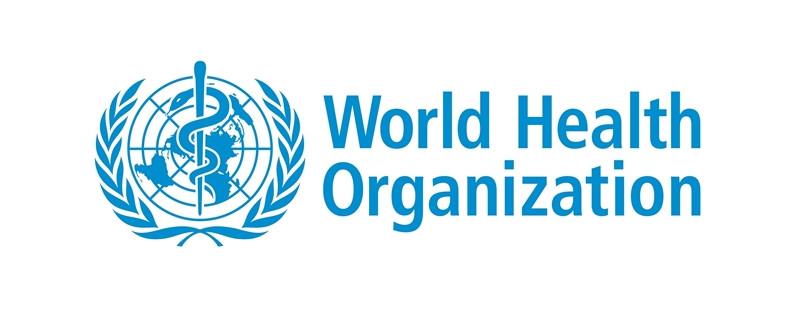Experts from WHO are providing training for Uzbekistan’s national and regional laboratories to improve their capacity and preparedness to detect COVID-19. From 5–9 July, national public health laboratories involved in SARS-CoV2 testing will be trained by international experts on laboratory sample management, biosafety and biosecurity.
Well-functioning, sustainable laboratory services, operating according to international quality and safety principles, are essential to strengthening health systems and improving public health. Successful detection, characterization and tracking of disease transmission, which are essential for the prevention and control of public health interventions, require efficient laboratory systems.
WHO/Europe aims to improve the quality of laboratory services in countries in eastern and south-eastern Europe through the Better Labs for Better Health (BLBH) initiative.
Training mentors
The BLBH initiative was launched in 2012 to help strengthen the laboratory sector. This is one of the core capacities that countries must develop in order to implement the International Health Regulations.
A key element of the BLBH approach is mentoring and, under this initiative, WHO has trained international and national mentors to support national laboratories in implementing a quality management system.
In 2018, Uzbekistan’s National AMR Centre joined the BLBH mentoring program and obtained accreditation on ISO 15189. The centre identifies and monitors the emergence of drug-resistant bacteria for national antimicrobial resistance (AMR) surveillance, which plays a key role in guiding the treatment of patients, informing local, national and regional actions, and monitoring the effectiveness of interventions in Uzbekistan.







